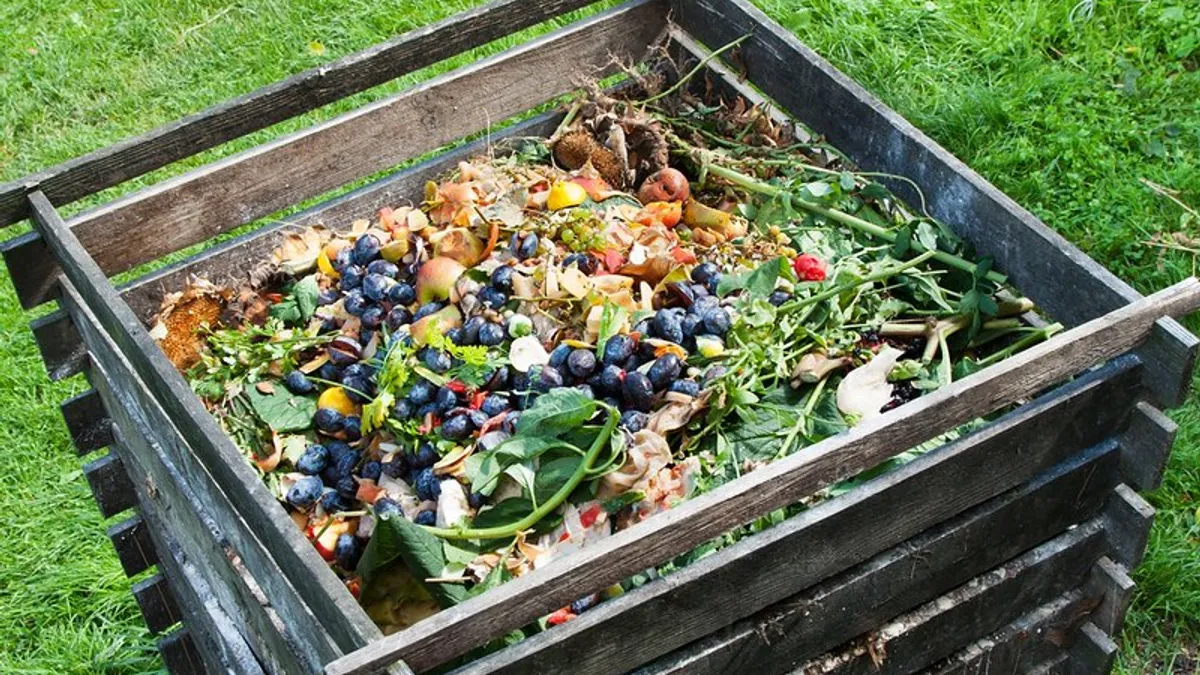Dive Brief:
- The City of Pittsburgh is one of 10 cities chosen to join the Natural Resources Defense Council's (NRDC) Food Matters Regional Initiative, an effort designed to prevent food waste, rescue food surplus and recycle food scraps.
- The initiative will help Pittsburgh increase food waste awareness by producing educational materials; conducting a "food audit" and encouraging composting, according to the city's urban agriculture and food policy planner Shelly Danko+Day.
- The NRDC "Food Matters" team selected nine other cities alongside Pittsburgh — Baltimore; Jersey City, NJ; Philadelphia; Washington, DC; Nashville, TN; Asheville, NC; Atlanta; Memphis, TN; and Orlando, FL — to advance regional food waste prevention.
Dive Insight:
Pittsburgh had a 21% food insecurity rate before the coronavirus pandemic (COVID-19), Danko+Day said. Now, she said the city estimates the rate has probably increased to about 35%.
NRDC will team up with each city to develop a baseline understanding of the amount of food waste generated, NRDC city lead Madeline Keating said in an email. The group will also provide technical help to build strategies that improve larger food systems and support climate goals, according to an NRDC blog post.
One of the initiatives that Pittsburgh will focus on through the partnership will be a food audit, inspired by similar audits completed in Baltimore and Denver. Such an audit will involve sorting through the trash of a local community center within a given week, dividing the trash into categories and then weighing and measuring what they find, Danko+Day said. Based on what is gathered, the city can gain insights about how to prevent or maximize the waste found.
Pittsburgh's work with NRDC can also support the city's goals to reduce greenhouse gas emissions by not sending organic waste to landfills and by using existing organic waste to grow more food, according to Danko+Day.
Two-thirds of food thrown out at the the residential level could have been eaten, and a substantial increase could be made to how much food is available to donate throughout city sectors, Keating wrote, citing a 2017 NRDC report.
Food security and waste prevention efforts have also taken on a heightened sense of urgency amid the pandemic. And much like the spread of the pandemic, the issue of food insecurity has not hit cities evenly. Low-income neighborhoods already considered food insecure have been hit the hardest.
Chicago, for example, experienced a 400% increase at its peak in food assistance demands when the pandemic began. The United Nations has estimated that the number of undernourished people will increase to 132 million individuals this year alone.












